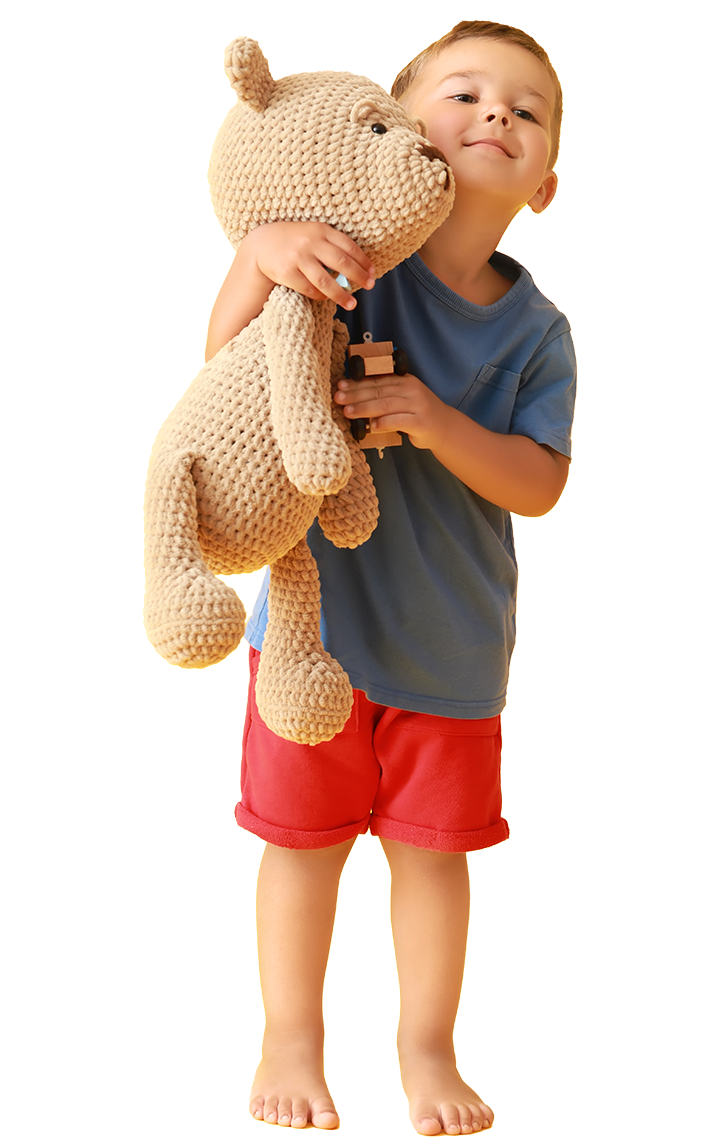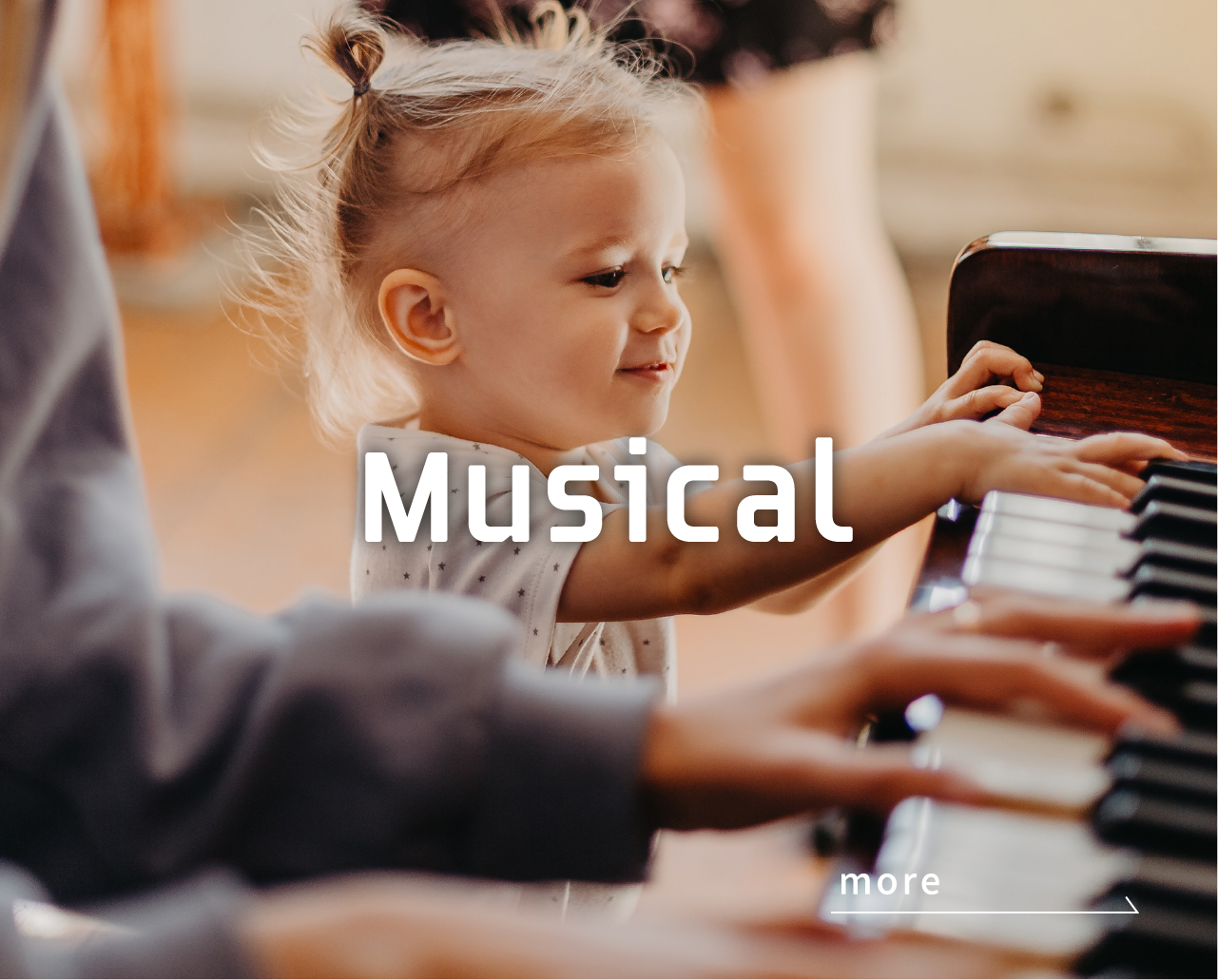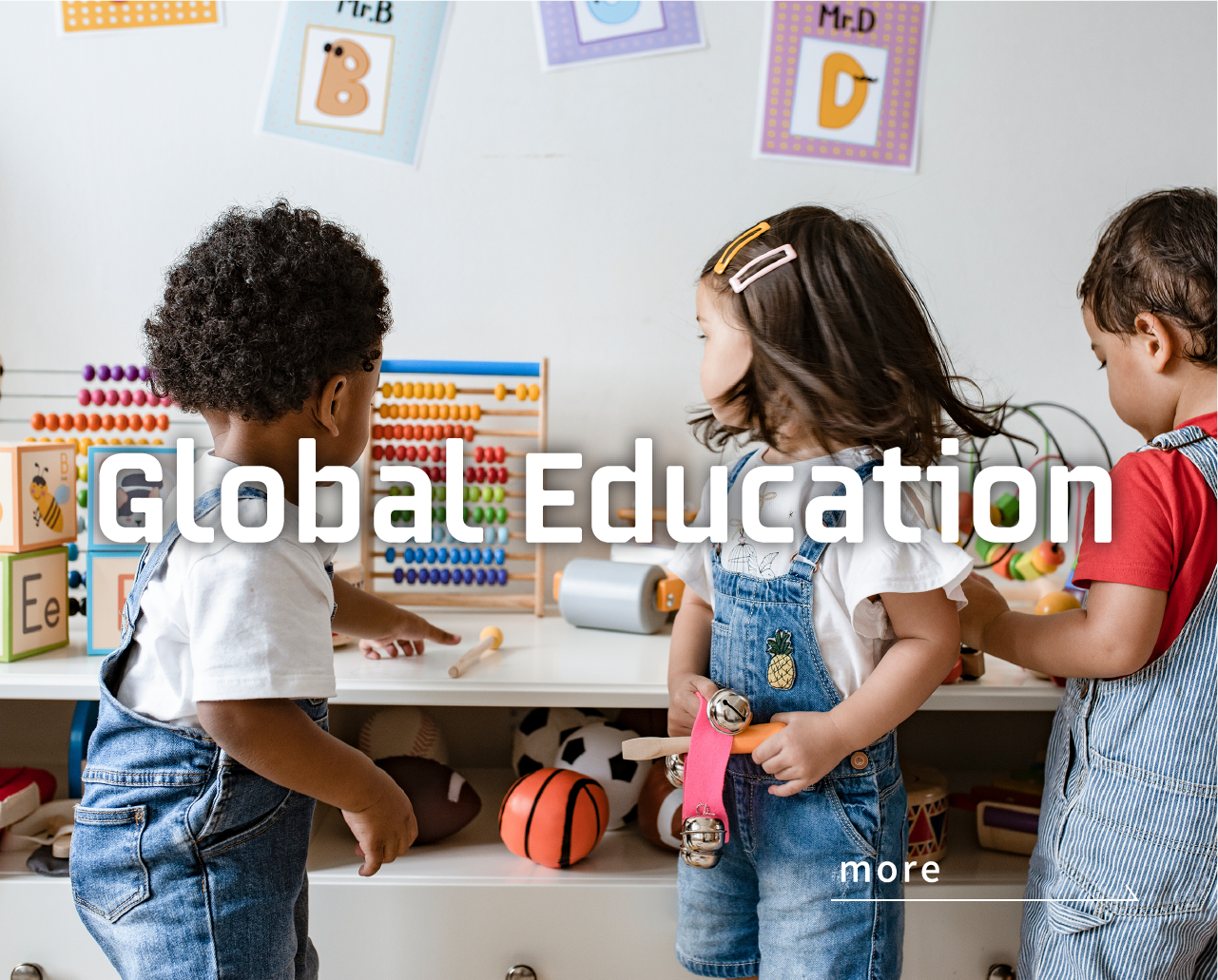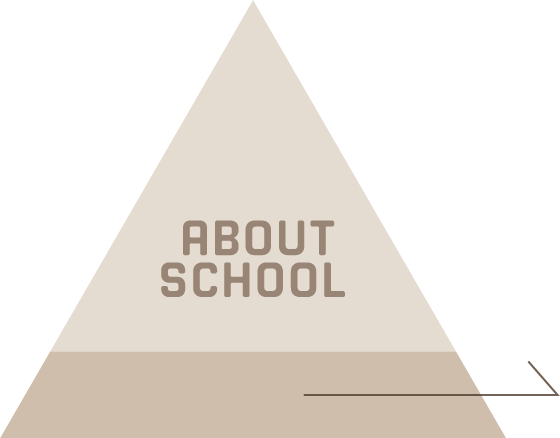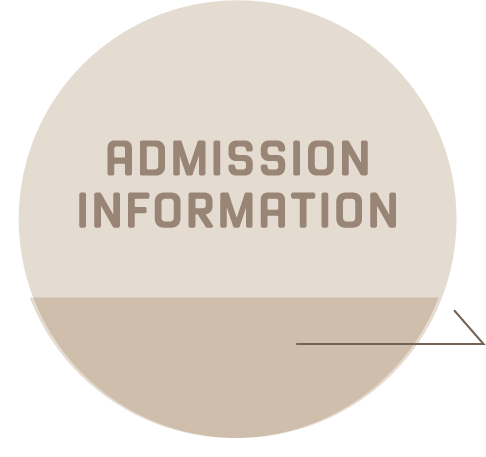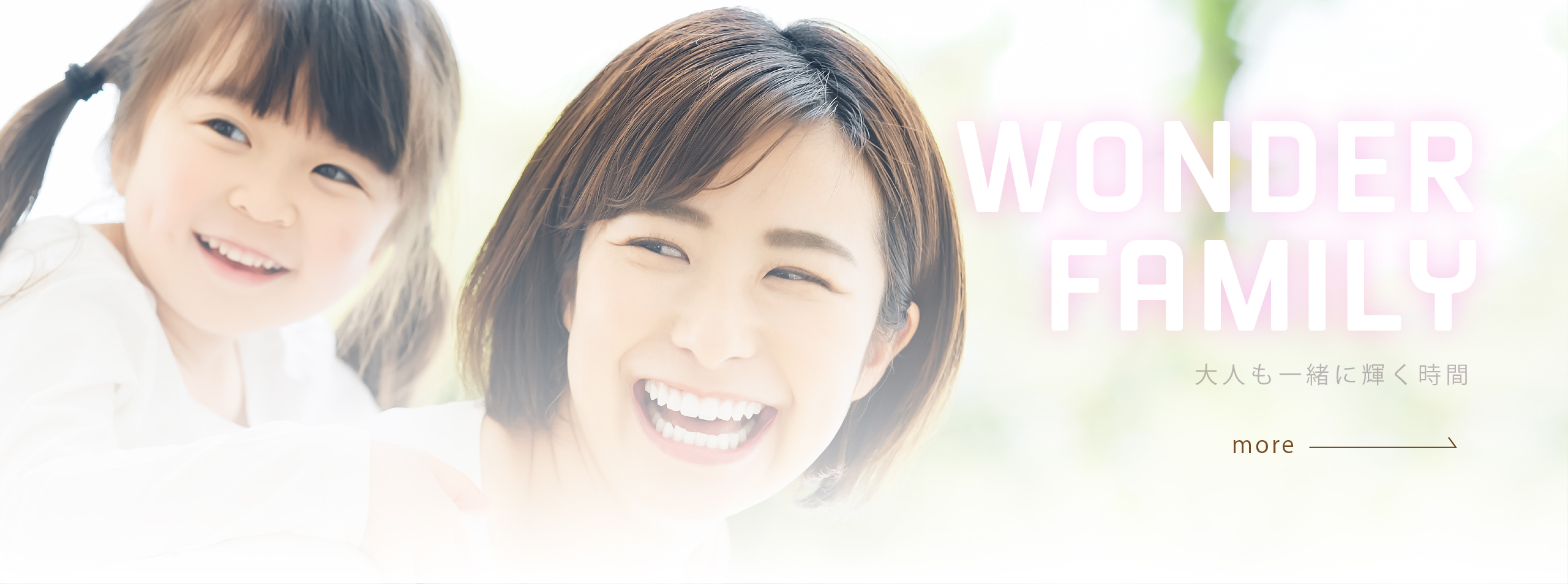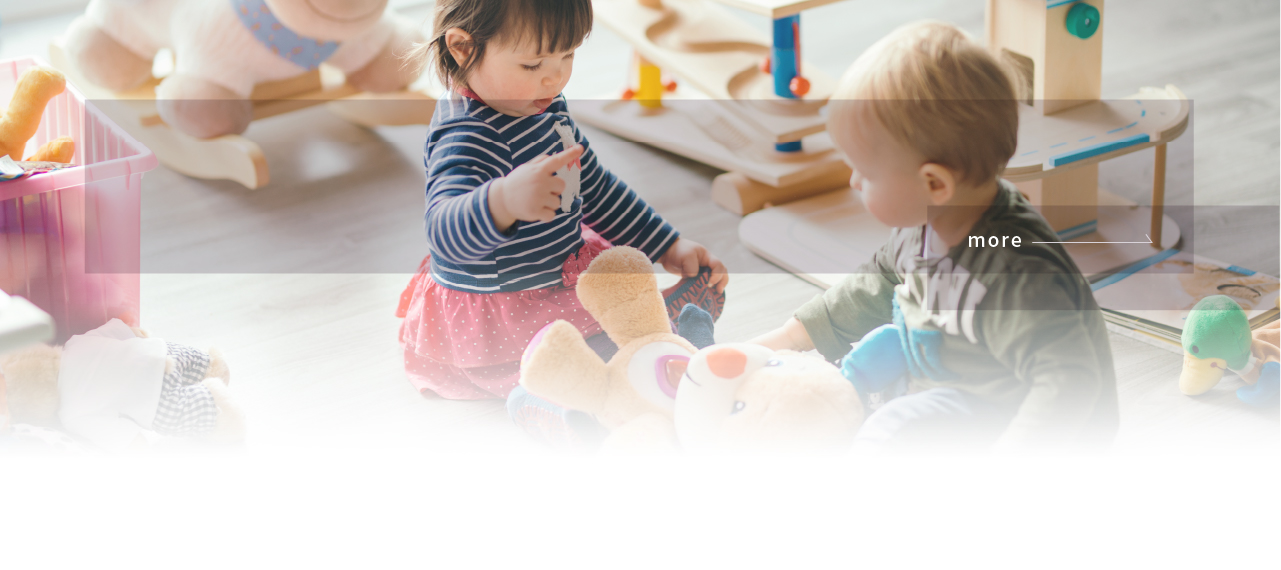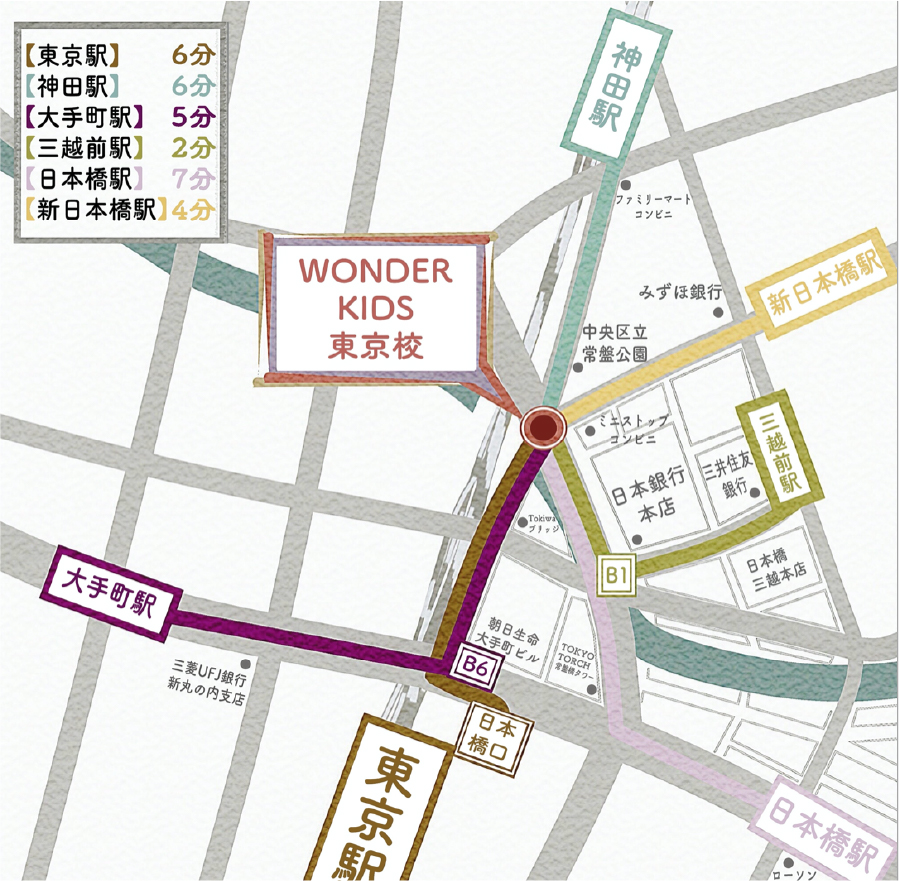ABOUT SCHOOL
EDUCATION
Music Education
Music education is said to foster a good balance between the right and left brains and improve comprehension.
The act of trying to understand music in early childhood promotes smooth brain development, and making use of the brain more also expected to improve motor skills. In addition, language skills also develop rapidly during infancy, and both music and language share the same act of "listening.
In fact, research has shown that there is a relationship between knowledge of the sounds of language and musical ability (singing, listening, and rhythm).
This means that music education can have a positive impact on language acquisition.
Rhythmic
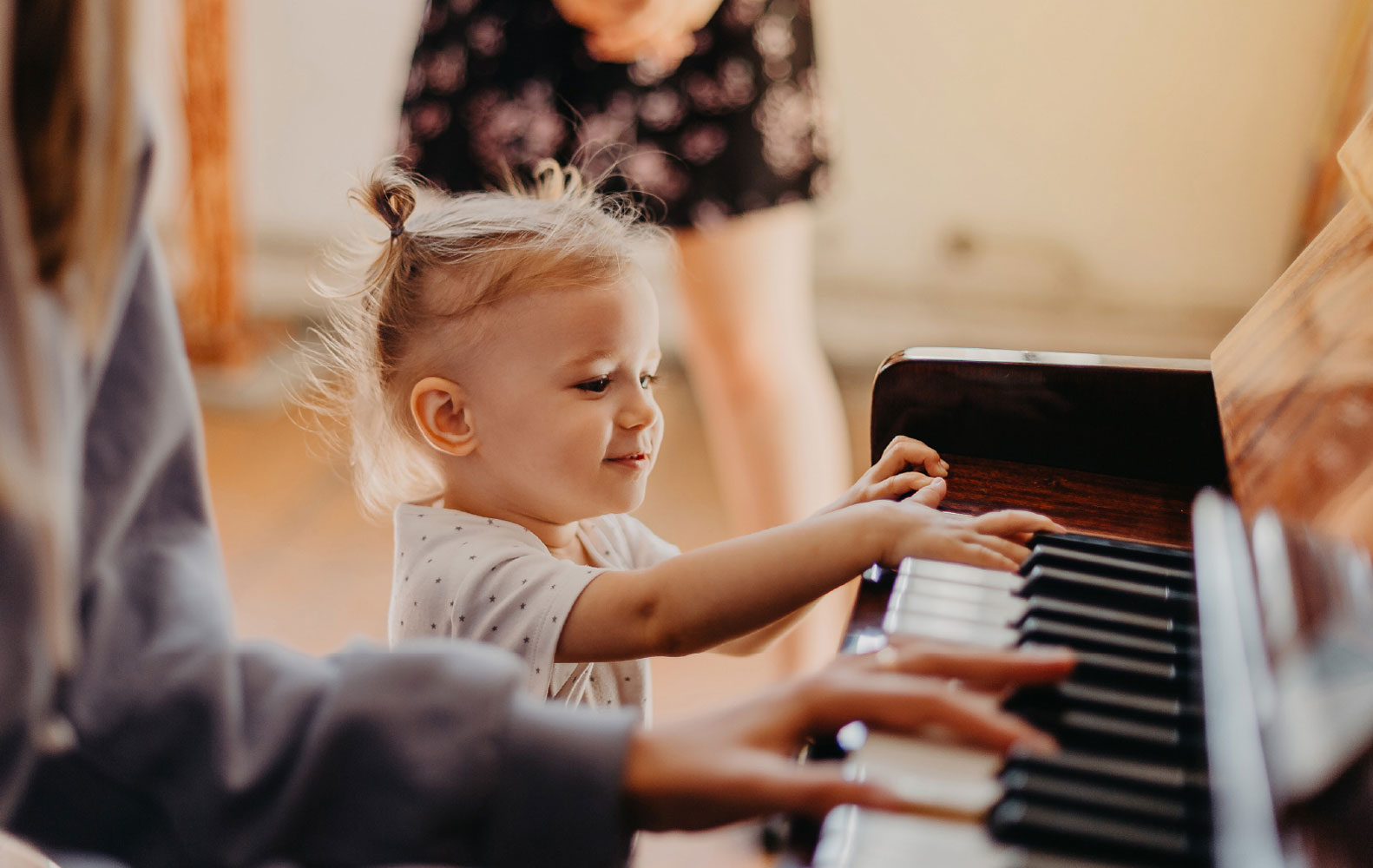
Eurhythmics is a foundation of music. Eurhythmics is a great educational method for it allows children to feel music with their whole body during their early years-the period where it brings great influence on human development. Children are very sensitive to music. They express with joy when they hear happy music and cry whenever they hear sad music.
Furthermore, the class will be conducted by instructor Shimizu, a former theme park dancer and singer. She is a mother of two children and a specialist with great qualifications and more experience in childcare counseling and other areas related to early childhood education.
Musical
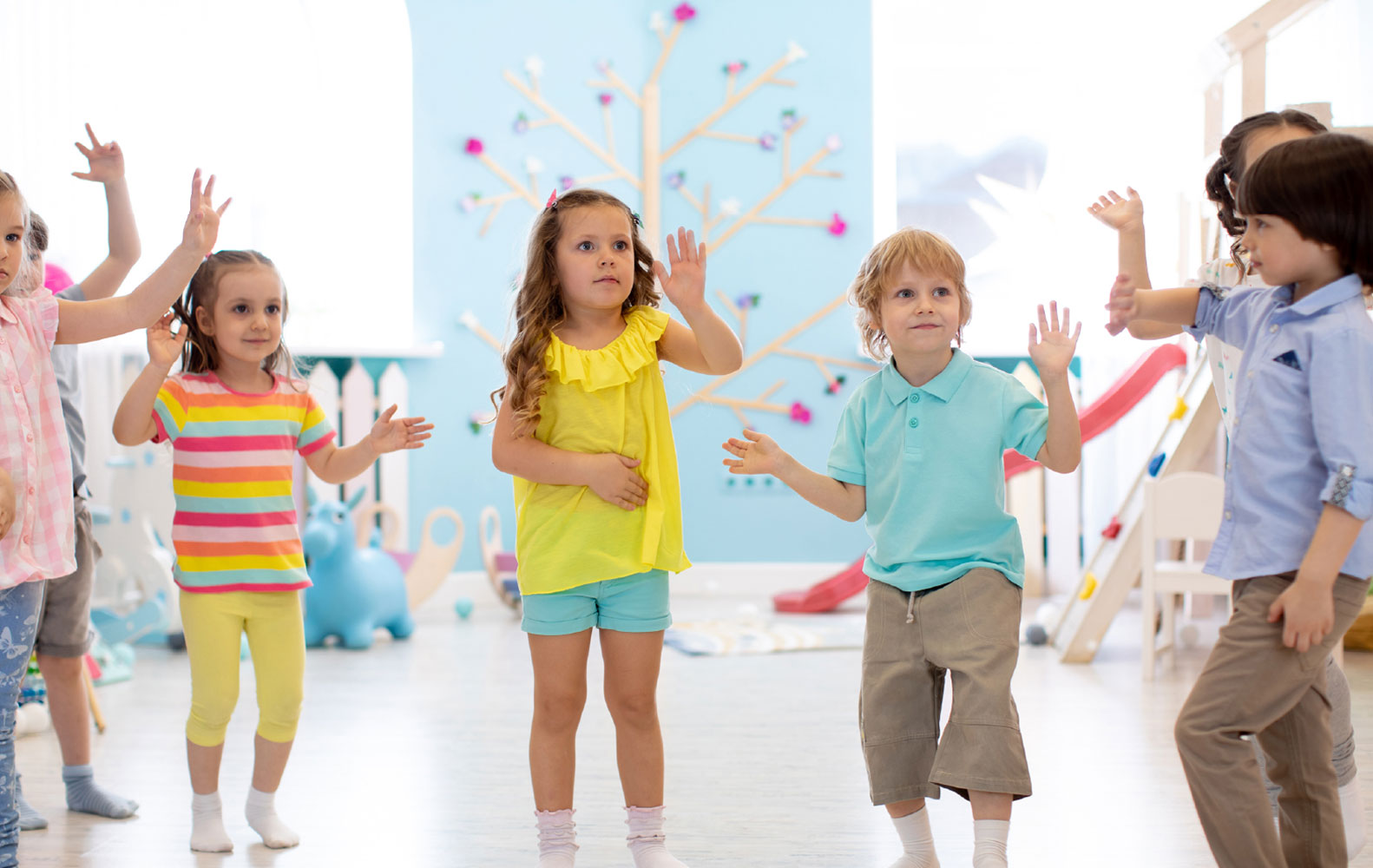
In Europe and the U.S., "drama education" is being actively promoted as an essential part of children's development. Musicals, which combine singing and dancing as well as drama, are becoming increasingly important as a means of fostering comprehensive skills.
WONDER KIDS (Musical Education) will be led by Ms. Seika Natsumi, who is also the representative of JOY Kids' Theater and has established "musical education" in Japan. /p>

